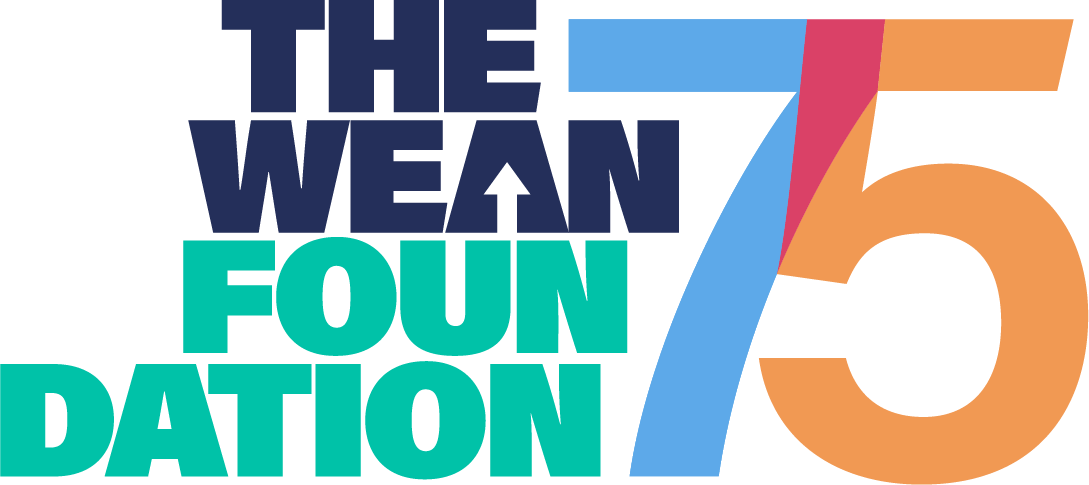The Raymond John Wean Foundation and Greater Ohio Policy Center release updated Current Conditions reports
WARREN, OHIO—APRIL 2, 2025—The cities of Warren and Youngstown have seen a considerable drop in vacant housing since 2020, while the number of minority, women and EDGE-certified businesses has doubled in these communities. These are just two of the encouraging trends highlighted in a new report commissioned by The Raymond John Wean Foundation and compiled by the Greater Ohio Policy Center, a nonprofit nonpartisan research firm focused on revitalization and sustainable growth.
The reports provide a comprehensive view of the current conditions of the cities of Warren and Youngstown as they compare to Trumbull and Mahoning counties, respectively, and the state of Ohio. They are designed to provide accurate, up-to-date information for both the Wean Foundation and its grantee partners to better understand areas that have seen improvements and where there are opportunities for greater support. The reports include data on population, housing, employment, education, and more.
“We first commissioned these reports three years ago to inform our funding strategies in community revitalization and economic and educational opportunities,” said Wean Foundation President Jennifer Roller. “We are sharing it more broadly so that our grantees and partners may also benefit from having accurate and consistent information from vetted sources.”
Housing, Entrepreneurship Are Bright Spots
The new reports show that the number of housing units in Warren that are considered abandoned and vacant have declined by 46% since 2020 and now stand at just over 1,200 units or 6.47% of Warren’s housing stock. In 2010, more than 16% of the housing stock was vacant. A similar story is playing out in Youngstown, where the percentage of vacant housing stock has declined by 8 percentage points since 2010. The vacant rate stood at just over 10% in 2023.
Other promising trends included a doubling of minority, women and EDGE (Encouraging Diversity, Growth and Equity)-certified businesses in both cities over the last few years.
However, there are areas that need improvement as well. The percent of households living below poverty has increased across the Mahoning Valley—and a greater percentage of Black and Hispanic residents compared to white residents live below the poverty rate. The cost of housing is outpacing wage increases, meaning that residents must work more hours to afford the same housing.
“We are extremely encouraged by the progress in the Mahoning Valley,” said Alison Goebel, executive director of the Greater Ohio Policy Center. “At the same time, the data indicated that the Wean Foundation’s mission of empowered residents creating a more equitable Mahoning Valley is needed now more than ever.”
Access the Warren Current Conditions report and the Youngstown report at weanfoundation.org/resource-library/.
About The Raymond John Wean Foundation
Established in 1949, the Wean Foundation is dedicated to community building in the under-resourced communities of Warren and Youngstown in Ohio’s Mahoning Valley. The Wean Foundation leverages a dynamic combination of grantmaking, capacity building, convening and partnerships to provoke new thinking, strengthen communities and disrupt the status quo to achieve its vision: empowered residents creating an equitable Mahoning Valley. Visit weanfoundation.org to learn more.
About Greater Ohio Policy Center
Greater Ohio Policy Center (GOPC) is a non-profit, non-partisan organization with a mission to improve Ohio’s communities through smart growth strategies and research. Our vision is a revitalized Ohio. We undertake original research and analysis, develop pragmatic policy recommendations and advocacy strategies, and deploy our convening power to meet the needs of Ohio’s local change-makers. We operate statewide.
